How to Wait for Bad News
By Jacey Eckhart
Major life changes often come with a long wait for the Bad News Fairy. She is just one of the fun monsters waiting around your hallway before your Next Door opens, carrying news about the acceptance board, or your bar results, or the lab test on that funny (not funny) lump they found in your breast. Is there anything we can do to make the wait easier?
Definitely. Kate Sweeny and her team of researchers at the University of California, Riverside, study how people like us cope with uncertain waiting periods. I talked to Sweeny about waiting for a military board and other kinds of (potentially) bad news. Here are her tips:
Play Ultimate Frisbee. Really.
Most advice about waiting involves distracting yourself: Go for a walk. Do a chore. Help others. Those suggestions are a good start, Sweeny says, but they don’t go far enough.
“The kinds of things that really absorb us are not passive activities, but challenging activities,” says Sweeny. “You are looking for something that makes you feel challenged, but not to the point you are defeated and overwhelmed.”
What creates that kind of flow for you? Work is often the best solution, says Sweeny. Exercise classes, like hot yoga, or team sports, like basketball and Ultimate Frisbee, can give the body and the mind a needed break from worrying.
Give up your crystal ball.
When you think you have “a feeling” that the Bad News Fairy is waiting to tell you the board results are negative or the cancer test is positive for every kind of cancer in the world, know you are NOT predicting the future.
“As we approach the moment of truth we become more pessimistic,” says Sweeny. “It happens to almost everyone.” Expecting the worst as the end draws near is one of her most consistent findings.
“We have a tendency to look at feelings as information,” says Sweeny. Be assured those feelings are not particularly accurate, according to the research. Instead, they are probably a mechanism that helps us prepare.
Clear the decks.
Go ahead and play along with your pessimism. Sweeny’s research shows that people who make practical changes that would make the blow of bad news less severe do a little better with either outcome. Do a little proactive coping now—put off an expensive vacation, assemble a sample resume, send out another copy of your manuscript. It helps.
Hold onto hope as long as possible.
Since you know you are going to get more pessimistic as the due date gets closer, hold onto an optimistic outlook as long as possible, advises Sweeny. Tell yourself things will probably go your way.
“Everything I studied shows it is ideal to expect the best as long as you can and then switch that strategy in the final days, hours, minutes and brace for the worst,” Sweeny says.
Waiting for a decision or a test or a result that will change your whole life is no joke. Instead of being overwhelmed by the wait and the worry, plan to deliberately cope with a challenging wait with a plan. Write it on your calendar: We will not worry until this date.
And then get on with it—because that is what all of us working on a Next Door Project do best.




